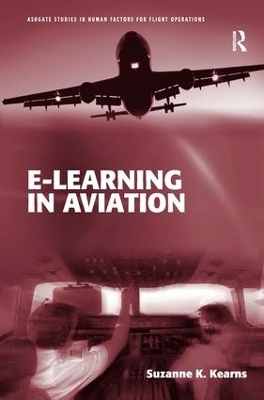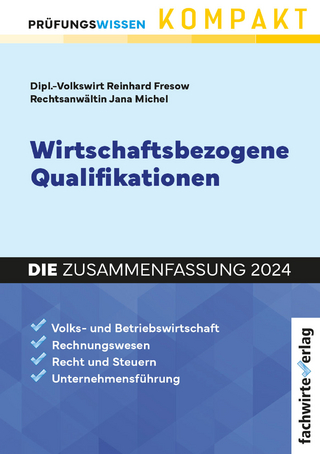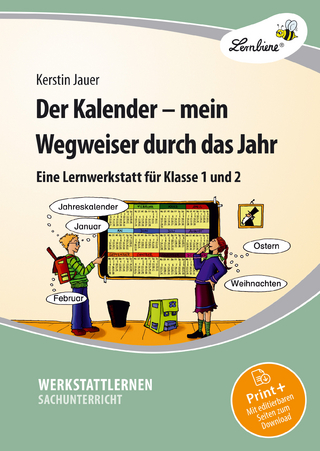
e-Learning in Aviation
Routledge (Verlag)
978-0-7546-7879-3 (ISBN)
Whereas traditional classroom instruction requires pilots to be pulled 'off the line', a training facility to be maintained and instructors to be compensated, e-learning is extremely cost-effective and therefore an attractive alternative. However, e-learning only saves money if the training is effective. Eager to reap financial benefits, e-learning courses have a history of varying dramatically in quality. The poorest courses are those that directly convert classroom-based presentations to an online format, not recognizing that computer-based instruction is an entirely different medium. Addressing this issue directly, e-Learning in Aviation explores the characteristics of computer-based course design and multimedia that are associated with improved learning. It then provides guidance regarding how to use research-based instructional design principles to plan, design, develop, and implement an e-Learning course within an aviation organization and continually evaluate whether or not the course is accomplishing instructional goals. A blended learning strategy, which incorporates both face-to-face and computer-based instruction, is suggested as the most appropriate choice for the majority of aviation companies. The goal of this approach is to utilize e-Learning as a tool to reduce time at the training centre and thereby increase pilot productivity and potentially improve the quality of training. Although the examples within this book focus on pilot training, the suggestions and guidelines are applicable to all employee groups within the industry.
Suzanne Kearns has held airplane and helicopter pilot licenses for the last 13 years. She holds a Helicopter Flight Training diploma from Canadore College, a Bachelor of Science degree in Aeronautical Science and a Master of Science degree in Human Factors and Systems Engineering both from Embry-Riddle Aeronautical University, and a Ph.D. in Education specializing in Instructional Design for Online Learning from Capella University. She is currently an assistant professor teaching Commercial Aviation Management students in the Management and Organizational Studies program at the University of Western Ontario in Canada.
Part 1 The Effectiveness, Theory, and Application of e-Learning in Aviation; Chapter 1 The Life of Aviation Training; Chapter 2 What is e-Learning?; Chapter 3 Does e-Learning Work?; Chapter 4 Foundational e-Learning Theories; Chapter 5 The Feasibility of e-Learning for Nontechnical Skills; Chapter 6 Incorporating Practice into e-Learning; Part 2 Instructional Design for e-Learning in Aviation; Chapter 7 Instructional Design for e-Learning; Chapter 8 Analysis; Chapter 9 Design; Chapter 10 Development; Chapter 11 Implementation; Chapter 12 Evaluation;
| Erscheint lt. Verlag | 11.11.2010 |
|---|---|
| Reihe/Serie | Ashgate Studies in Human Factors for Flight Operations |
| Verlagsort | London |
| Sprache | englisch |
| Maße | 156 x 234 mm |
| Gewicht | 517 g |
| Themenwelt | Schulbuch / Wörterbuch ► Unterrichtsvorbereitung ► Unterrichts-Handreichungen |
| Sozialwissenschaften ► Pädagogik | |
| Technik ► Fahrzeugbau / Schiffbau | |
| Technik ► Luft- / Raumfahrttechnik | |
| ISBN-10 | 0-7546-7879-2 / 0754678792 |
| ISBN-13 | 978-0-7546-7879-3 / 9780754678793 |
| Zustand | Neuware |
| Haben Sie eine Frage zum Produkt? |
aus dem Bereich


